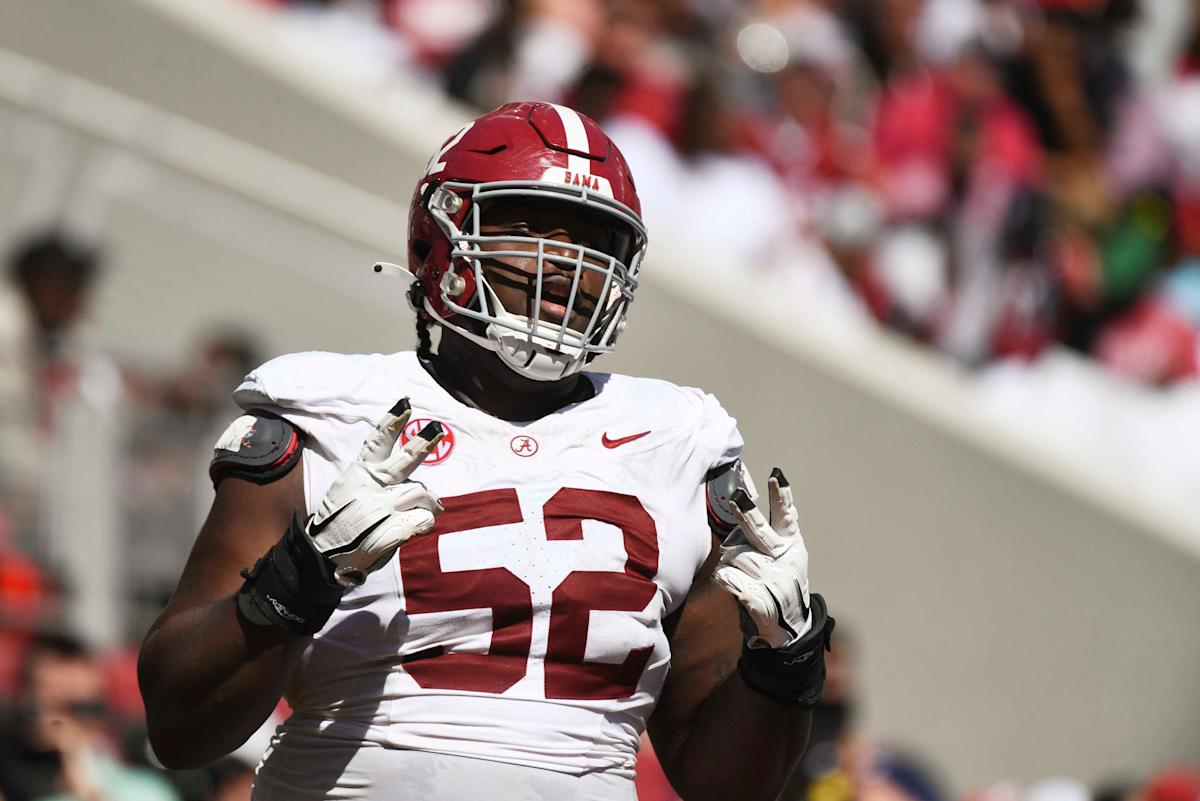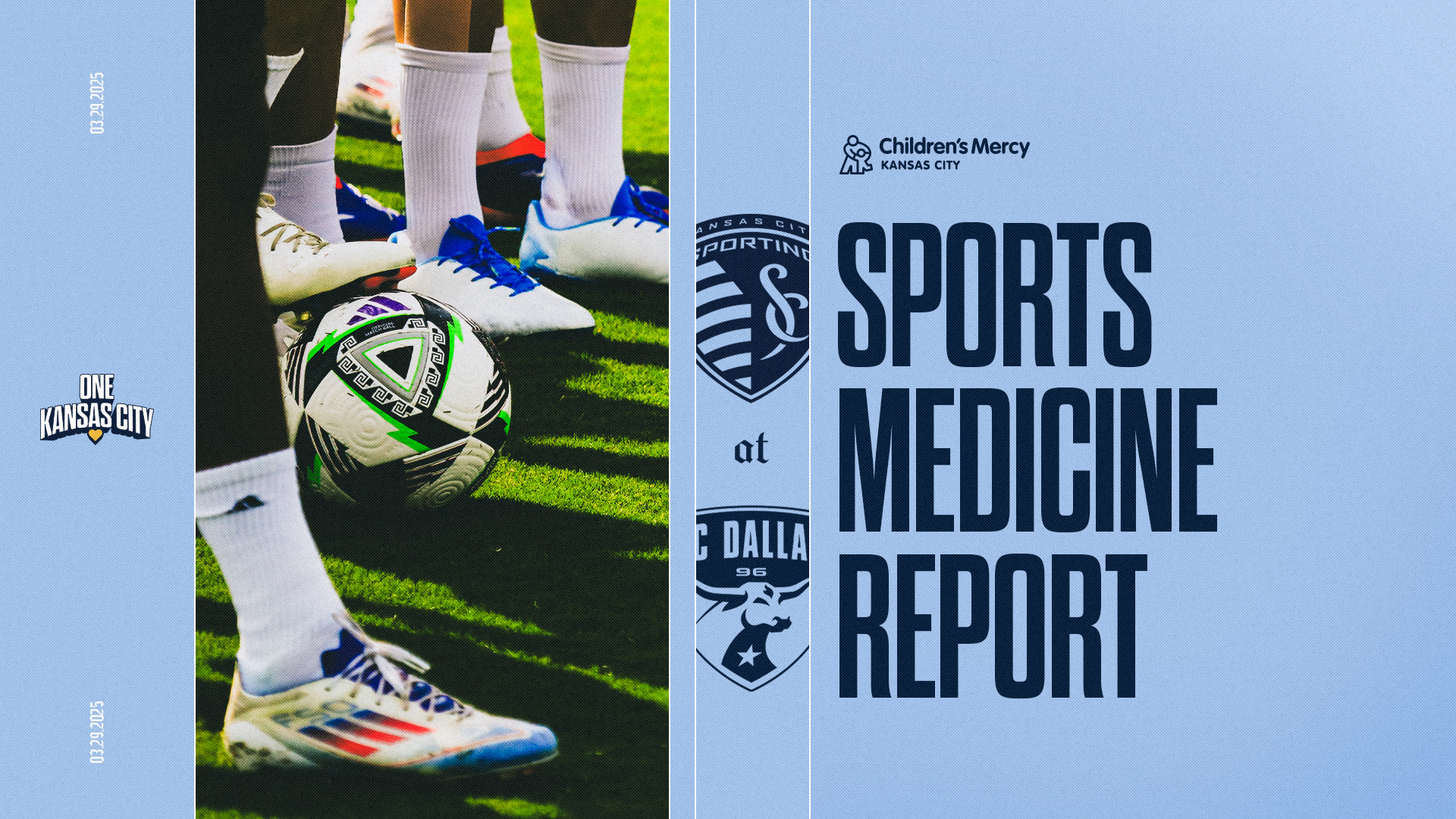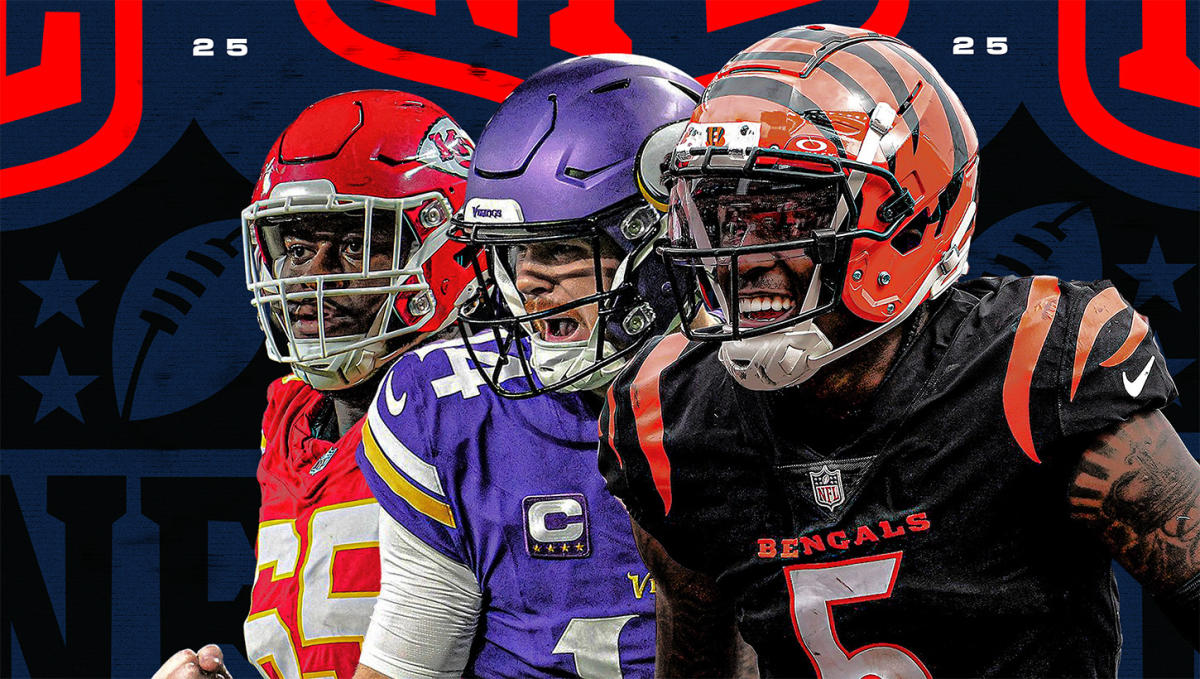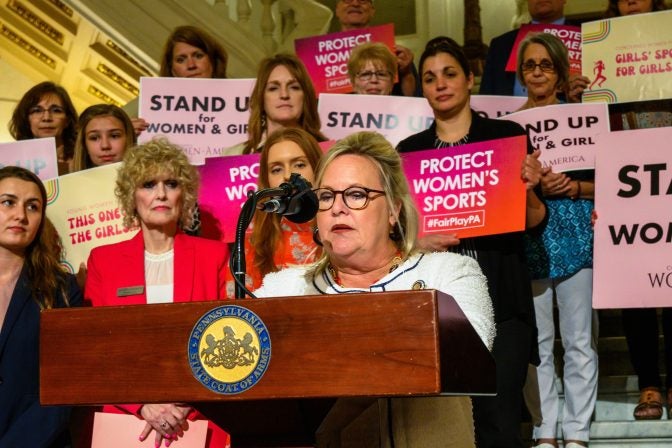Sports
2025-03-25 19:41:50
Content
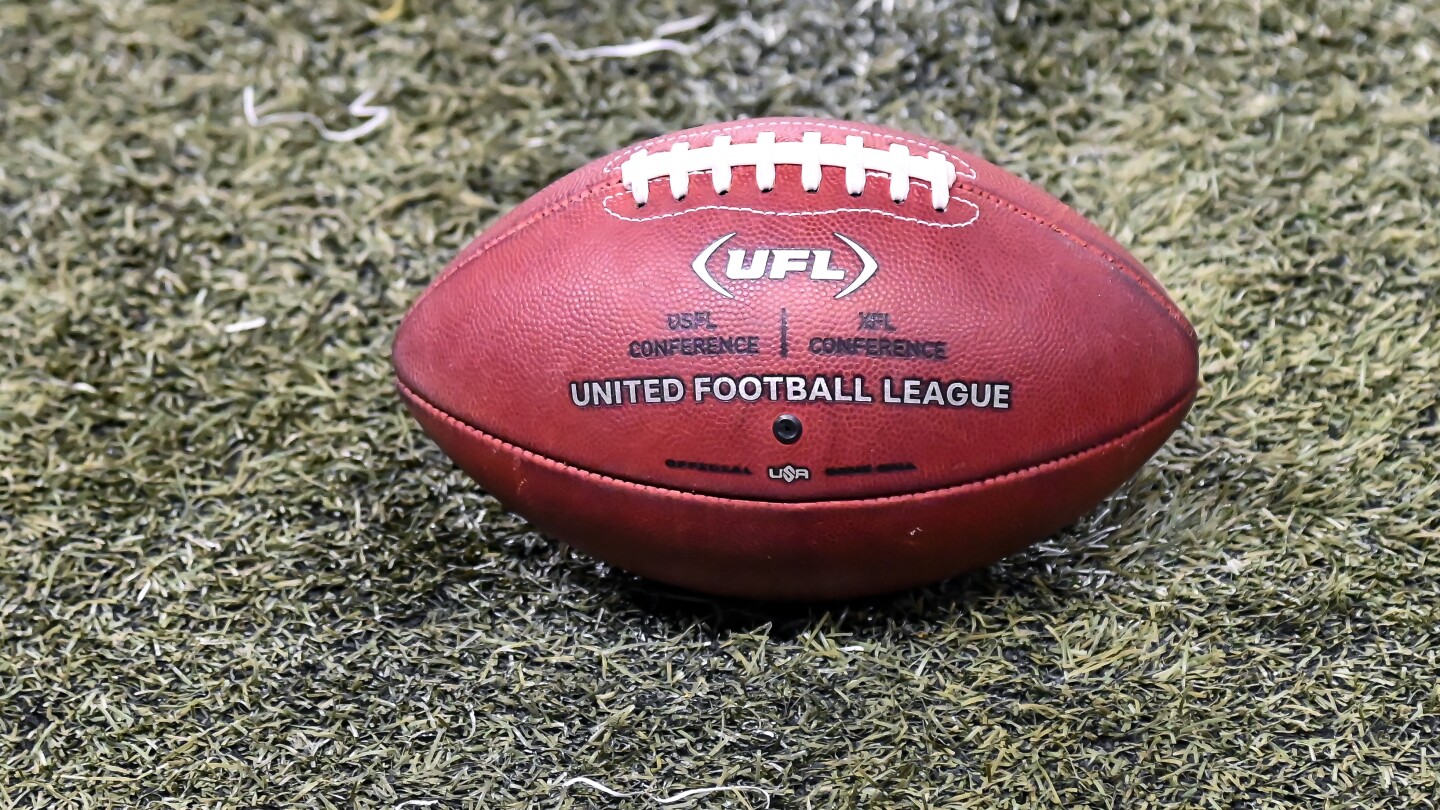
In the high-stakes world of professional football, the NFL's officiating landscape demands a transformative approach. The time has come to transition from part-time to full-time, year-round officials who can elevate the game's integrity and performance.
Currently, most NFL referees maintain separate careers outside of football, juggling their professional responsibilities with the intense demands of officiating. This part-time model creates significant challenges, including limited preparation time, inconsistent rule interpretation, and potential performance gaps.
By implementing a full-time officiating model, the NFL would unlock numerous benefits. Full-time officials could dedicate themselves to continuous training, in-depth rule analysis, and advanced technology-driven performance reviews. They would have the opportunity to study game footage, attend specialized workshops, and develop a more nuanced understanding of complex gameplay scenarios.
Moreover, year-round commitment would enhance officiating consistency, reduce human error, and ultimately improve the overall quality of game management. Referees would become true professionals, deeply invested in their craft and committed to maintaining the highest standards of fairness and accuracy.
The investment in full-time officials represents not just an operational upgrade, but a fundamental commitment to the sport's excellence. As football continues to evolve, so too must its officiating—transforming from a part-time role to a dedicated, professional discipline that matches the NFL's world-class status.
Revolutionizing Game Management: The Critical Need for Full-Time NFL Officiating
In the high-stakes world of professional football, where split-second decisions can dramatically alter game outcomes, the quality of officiating stands as a critical yet often overlooked component of the sport's integrity. The current part-time officiating model in the NFL represents a significant challenge to maintaining consistent, high-quality game management that fans, players, and coaches deserve.
Transforming the Game: Why Full-Time Officials Are the NFL's Missing Piece
The Current Landscape of NFL Officiating
Professional sports officiating represents a complex ecosystem of skill, judgment, and immense pressure. The NFL's current model relies on officials who typically maintain other professional careers, creating inherent limitations in their ability to dedicate comprehensive time and energy to mastering their craft. This part-time approach introduces significant variability in performance, potentially compromising the game's competitive fairness and strategic precision.
Unlike other professional sports leagues that have transitioned to full-time officiating, the NFL remains somewhat antiquated in its approach. Referees who juggle multiple professional responsibilities cannot possibly maintain the same level of preparation, physical conditioning, and technical expertise as those who make officiating their primary professional commitment.
Performance and Accountability Challenges
The inconsistency in officiating stems from multiple interconnected factors. Part-time officials lack the continuous training opportunities, technological integration, and performance analysis that full-time professionals could readily access. Modern sports demand increasingly sophisticated understanding of complex rules, technological interventions, and real-time decision-making capabilities.
Advanced performance tracking, continuous training programs, and comprehensive review mechanisms become substantially more feasible when officials can dedicate their entire professional focus to understanding and executing their roles. Full-time status would enable more rigorous performance evaluations, targeted skill development, and a more systematic approach to maintaining officiating standards.
Technological Integration and Continuous Learning
Full-time officiating opens unprecedented opportunities for technological integration and continuous professional development. Imagine officials who can spend dedicated hours studying game footage, participating in advanced simulation training, and understanding emerging strategic nuances across different team approaches.
Modern tracking technologies, artificial intelligence-driven analysis, and comprehensive performance metrics become exponentially more effective when officials can engage with these tools as a primary professional responsibility. This approach transforms officiating from a reactive role to a proactive, strategically informed discipline.
Economic and Professional Development Implications
Transitioning to a full-time officiating model represents a significant investment in professional infrastructure. By providing competitive compensation, comprehensive training programs, and clear career progression pathways, the NFL can attract and retain top-tier officiating talent.
The economic model would shift from viewing officiating as a supplementary role to recognizing it as a critical professional discipline requiring specialized skills, continuous learning, and high-performance standards. This transformation could potentially reduce officiating errors, enhance game quality, and ultimately improve the overall fan and player experience.
Cultural and Competitive Transformation
Beyond technical improvements, full-time officiating represents a cultural shift in how the sport perceives and values game management. It signals a commitment to fairness, professionalism, and continuous improvement that resonates across the entire NFL ecosystem.
Players, coaches, and fans would benefit from more consistent, well-prepared officiating that demonstrates a profound understanding of the game's strategic complexities. The potential for reduced controversial calls, more transparent decision-making, and enhanced game flow becomes a tangible outcome of this comprehensive approach.


